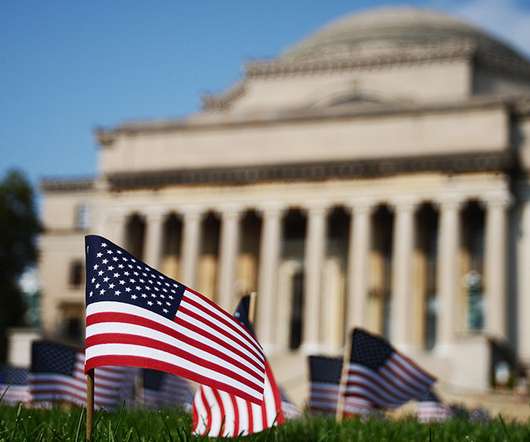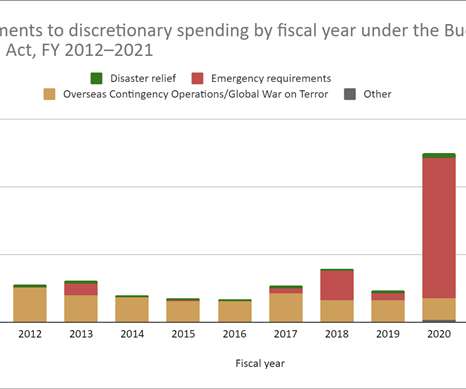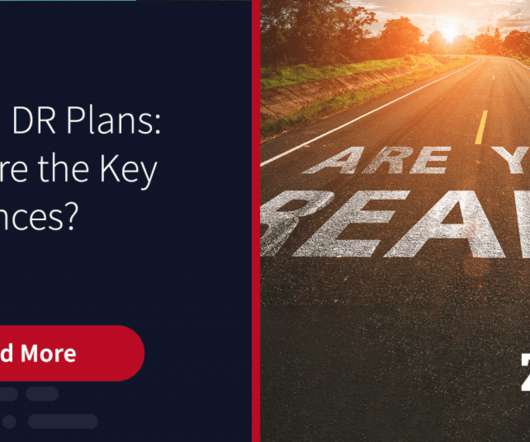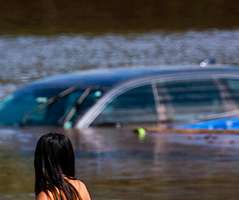Reflections on the 20th Anniversary of 9/11: Where we have been and where we are headed in disaster management
National Center for Disaster Prepardness
SEPTEMBER 10, 2021
It is also a time for us, particularly in the disaster preparedness community, to reflect on what has changed since 9/11 and what has not. The state of preparedness in the United States is evolving.












Let's personalize your content